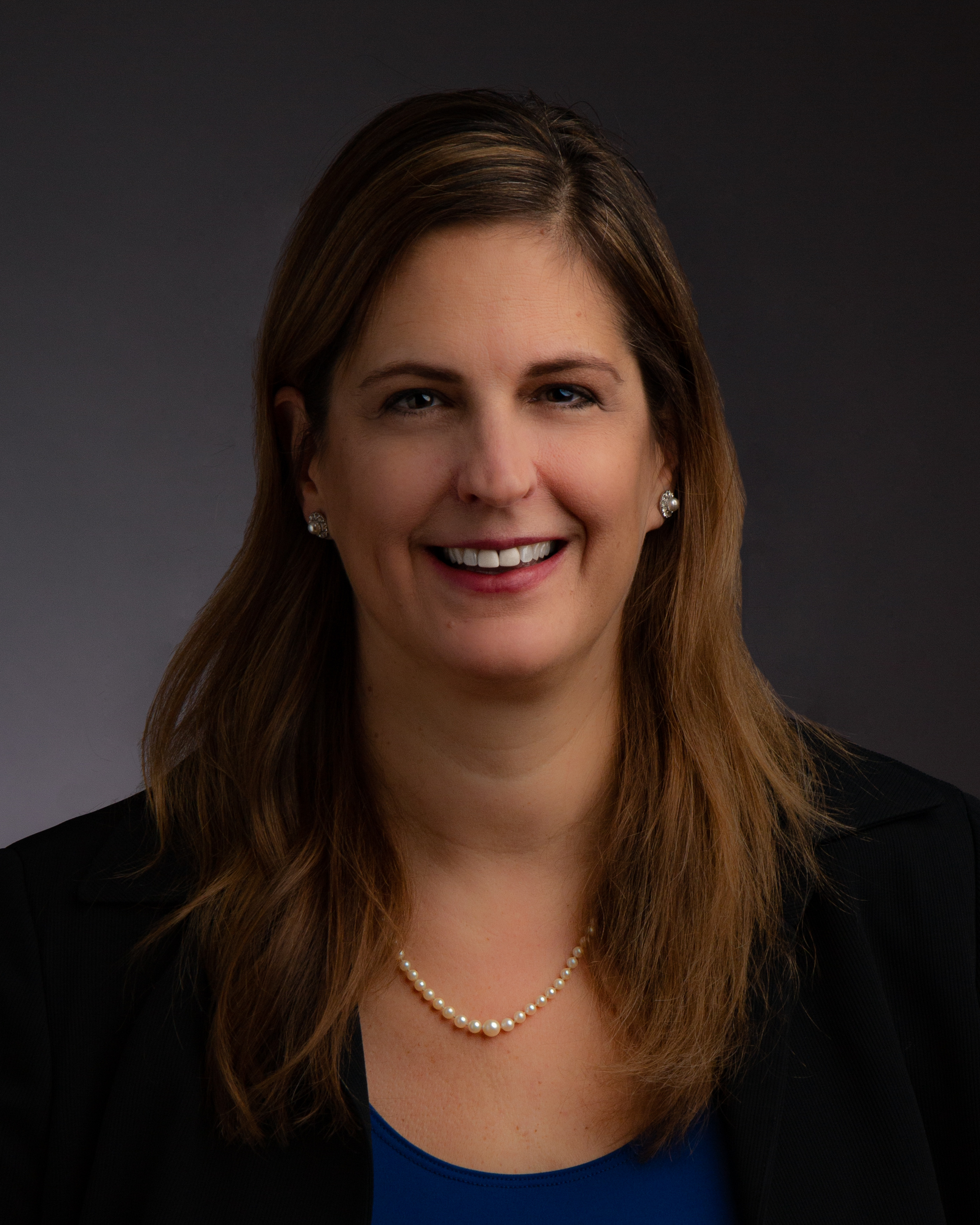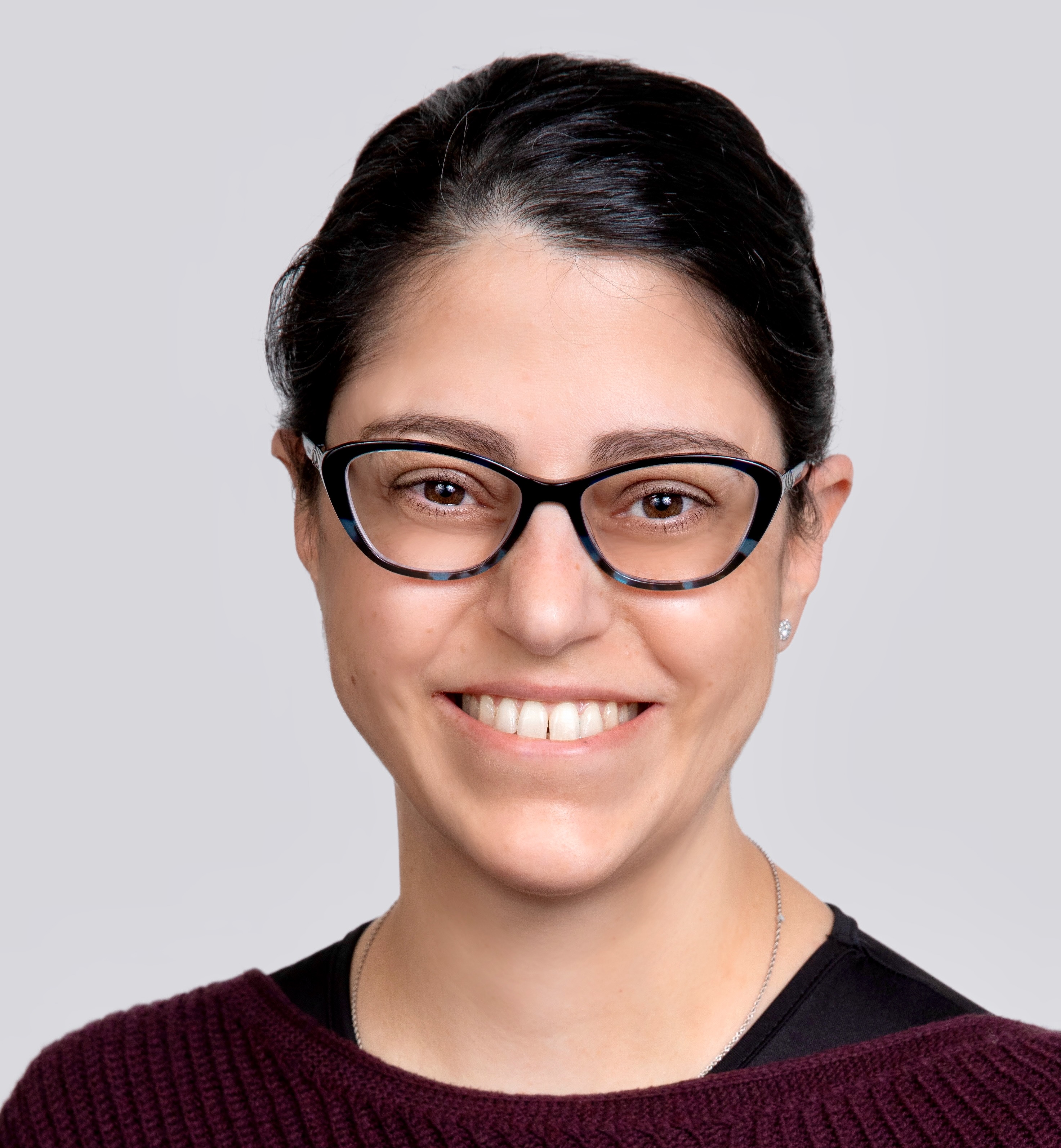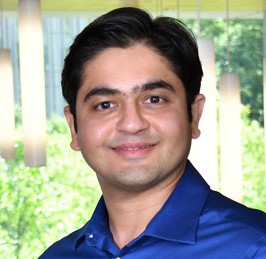
Genetic testing provides invaluable health information.
So, why has it yet to be widely adopted across the healthcare system?
The Institute for Genomics Education, Workforce & Leadership has spoken with many leaders in precision medicine who are concerned that we are still in the early innings in the implementation of precision health. The barriers cited to scaling include a lack of access to a workforce trained to deliver this care. Yet, primary care was noted as a potential opportunity to reimagine where precision medicine is practiced.
Join us for the final seminar in our Path to Precision Health virtual seminar series, The Primary Dilemma: How to Bring Precision Health to Primary Care, as we explore the delivery of genomic medicine in the primary care setting and unpack some of the research that is currently being conducted to increase utilization of genetic and genomic testing in all communities.
Speakers
 Pamela Ganschow, M.D.
Pamela Ganschow, M.D.
Associate Professor of Medicine, Director of the Cancer Prevention and Survivorship Program at the University of Illinois Cancer Center
Dr. Pamela Ganschow is an Associate Professor of Medicine and the Director of the Cancer Prevention and Survivorship Program at the University of Illinois Cancer Center in Chicago, where she began her role in March 2021 after a distinguished 23-year tenure at Cook County Health. She is an oncogeneralist, completing her training in internal medicine training at Northwestern University and her clinical cancer genetics training through the City of Hope, she now specializes in delivering clinical care across the ends of the cancer control spectrum including prevention and screening as well as survivorship. Her cancer relevant career interests are dedicated to mitigating disparities in cancer control through innovative research and education, focusing on implementing equitable, high-quality cancer screening and prevention services, particularly for underserved populations, and integrating and scaling cancer survivorship and genetic services into primary care. Her work has been funded by the National Institutes of Health, National Cancer Institute, American Cancer Society, HRSA and the Susan G. Komen Foundation.
 Mylynda B. Massart, M.D., Ph.D.
Mylynda B. Massart, M.D., Ph.D.
Associate Professor, Medical Director
UPMC Primary Care Precision Medicine Center
Mylynda B. Massart, M.D., Ph.D., is a board-certified Family Medicine physician at UPMC, and associate professor at the University of Pittsburgh. She currently serves as the founder and Medical Director of the UPMC Primary Care Precision Medicine clinic, and as the Associate Director of Clinical Services for the Institute for Precision Medicine. Dr. Massart is co-director for the HUB Core over Research Inclusivity and Community Partners Core at the Clinical and Translational Science Institute (CSTI). Dr. Massart serves as one of the co-Investigators for the All of US Pennsylvania research project working on community education and engagement and as MPI of The Community Engagement Alliance Consultative Resource (CEACR) created in 2021 by the National Institutes of Health (NIH) with the aim of leveraging the CEAL community-engagement expertise to promote and facilitate diversity and inclusion of racial/ethnic minority populations and rural underserved populations in clinical research.
 Kunal Sanghavi, MBBS, M.S., C.G.C.
Kunal Sanghavi, MBBS, M.S., C.G.C.
Associate Director, Genetic Counseling
The Jackson Laboratory for Genomic Medicine
Kunal Sanghavi completed his medical training in Mumbai, India and genetic counseling program in Boston, USA. Kunal leads projects on the strategic growth of ethical, legal, and social implications (ELSI) program and precision medicine translational research at The Jackson Laboratory (JAX) for Genomic Medicine. Kunal has developed and implemented multiple translational research studies on cancer, population genomic testing, genetic service delivery. He has extensive experience in development of regional networks, having created a genetic counselors’ association in Connecticut. In his previous roles, he has developed and led regional networks such as a regional consumer collaborative network of parents, caregivers, and families with genetic conditions and a regional telegenetics community of practice to improve genetic health outcomes in the mid-Atlantic. Kunal has engaged in clinical research at both Johns Hopkins and Beth Israel Deaconess and worked with clinicians and public health officials on interdisciplinary training initiatives. Kunal continues to contribute to different professional societies and international networks. He remains interested in genetics beyond borders, workforce development and health equity.
Moderator
 Eric Dishman
Eric Dishman
CEO of DishStrong Innovation, LLC
Member, Institute for Genomics Education, Workforce & Leadership External Advisory Committee
Originally trained as a communication scholar, Eric Dishman's life mission became healthcare and biotech innovation by career and medical necessity. He has spent 35+ years doing, leading, and teaching health innovation and trying to personalize and precision-ize healthcare for himself as a 23-year cancer patient and for thousands of cancer patients he has advocated for. His first health technology projects and startup attempts were for Paul Allen's think-tank, Interval Research. Much of Eric’s career was at Intel Corporation, where he grew from a researcher studying the needs of frail seniors and patients/families struggling with Alzheimer's, cancer, and chronic disease management to an Intel Fellow and founding Vice President of the Intel Health & Life Sciences Group. He was responsible for global strategy, R&D, and growth in the sector across 50+ countries.
In 2016, the persuasive skills of former NIH Director Dr. Francis Collins and President Obama took Eric to Bethesda to become the founding director of the All of Us Research Program focused on diversifying research participants and data to inform precision health. Eric recently stepped down from his federal position to return to cancer patient advocacy, writing, backcountry skiing, as well as joining health-focused boards, teaching, and doing occasional consulting projects on precision health and strategic planning.
Eric’s ways of thinking about healthcare are captured well in two of his TED talks: beyond mainframe healthcare from 2009 and healthcare as a team sport from 2013.